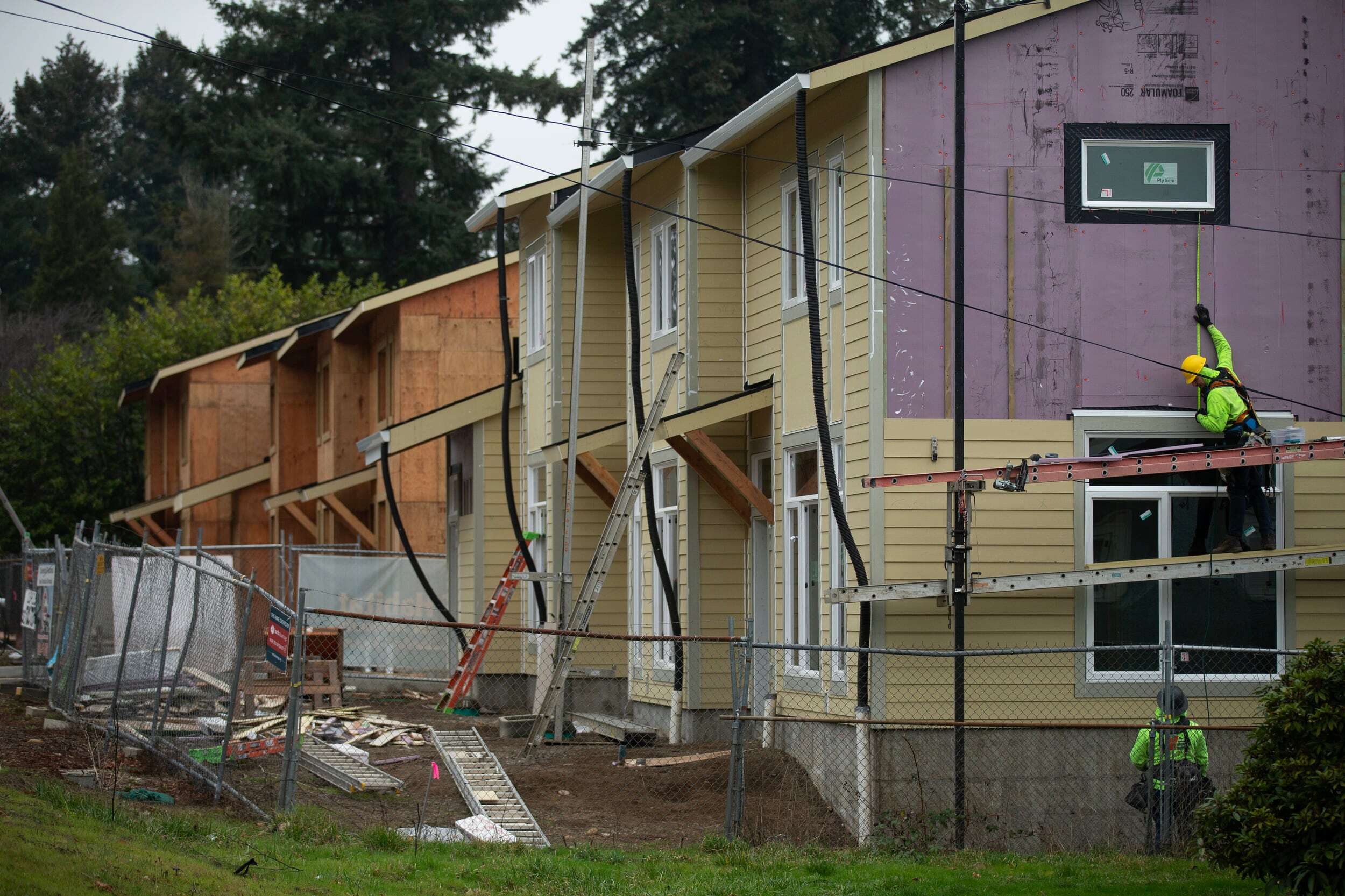A proposal to
waive housing development fees for three years
moved out of committee unanimously on Monday, as Portland City Councilmembers stated that it could not begin quickly enough.
Should the entire 12-person City Council approve it, the plan to suspend system development fees for residential projects for three years would go into effect on October 1st.
However, members of the City Council Finance Committee expressed their desire for the ordinance to take effect much more quickly.
If it gets approval from the full council and moves forward, the suspension might be implemented as early as August, according to Deputy City Administrator Donnie Oliveira’s statement to the five-member panel.
The unanimous 5-0 decision was reached on Monday following discussions with Mayor Keith Wilson and Governor Tina Kotek.
announced in May
their idea to waive the charges for new housing construction.
The proposal originated from a housing production task force assembled by the politicians with the aim of generating suggestions to reverse the record low for homebuilding over the past ten years.
According to a report included with the proposed ordinance, Portland saw an addition of 818 new market-rate housing units in 2024. If the city takes no action, this construction pace is anticipated to remain steady over the following three years.
Charges for system development cover expenses related to new constructions such as roads and parks. The city council members recognized potential losses in income if they decide to grant a three-year waiver on these fees.
At least, the waiver would require the city to surrender over $63 million in funds designated for parks, transportation, and various infrastructural projects, as reported by the City Budget Office.
The figure of 2,559 housing units slated for development over the coming three years was used as the basis for that calculation, according to the report, without accounting for any extra residences that the new policy may generate. The city’s document mentioned that endorsing the incentive could potentially lead to approximately 4,000 units being built within those three years rather than the anticipated 2,559.
Councilor Mitch Green stated that the missing revenue will be outweighed by the several hundred million dollars in wages earned from new local building initiatives throughout the city.
Losing $63 million in infrastructure revenue is significant,” stated Councilor Candace Avalos, who represents East Portland’s District 1, “particularly for my district, which is still lacking essential services.
©2025Advance Local Media LLC. Visit [Link]. Distributed by Tribune Content Agency, LLC.


















Leave a Reply